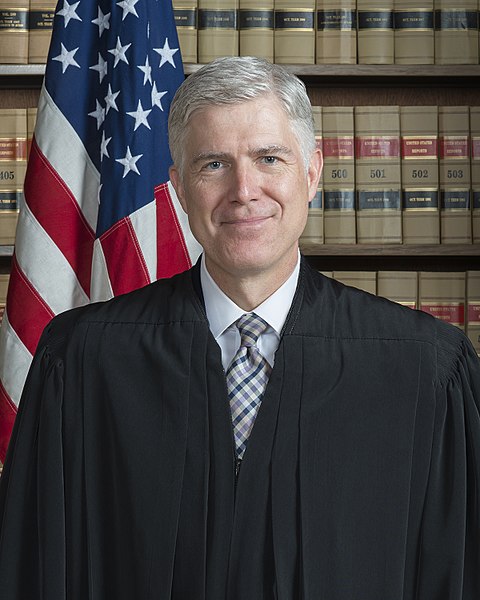Blog

Neil Gorsuch
Supreme Court of the United States
On February 1, 2017, President Donald Trump nominated Neil Gorsuch, a judge on the United States Court of Appeals for the Tenth Circuit, to fill the vacant seat on the Supreme Court.
To aid the Senate—and the public—in its task of evaluating this nomination, this report assesses Judge Gorsuch’s judicial record, outlook, and views about the law. Importantly, in considering his record—as with any nomination for a lifetime seat on the judiciary—it is not the Senate’s job to merely rubber stamp a nominee based on a review of a resume or academic record. The Supreme Court at any time, but particularly now, is essential in protecting our rights. It is vital that anyone confirmed to the Court has a demonstrated commitment to ensuring that the Constitution and our nation’s laws protect all Americans. Thus, the Senate must carefully examine the nominee’s record to ensure our nation’s next Supreme Court justice shares a commitment to critical constitutional values and legal protections and can be a fair and open-minded jurist.
Alliance for Justice has reviewed an extensive portion of Judge Gorsuch’s record—most notably cases, but also writings from the period before he joined the Tenth Circuit as well as during his tenure as a judge. The report focuses primarily, although not exclusively, on cases that split the court. We have not, however, reviewed decisions he made while serving at the Department of Justice; papers from this period of his career have not been made public.
After a thorough review of his record, the primary conclusion is that, on the merits, Judge Gorsuch is not qualified to serve on the Supreme Court.
More on Gorsuch
Press Release
New AFJ Report Finds Gorsuch “Not Qualified” for Supreme Court
Press Release
Gorsuch Doubles Down on Anti-Civil Rights Stance in First SCOTUS Year
Blog
Gorsuch’s views on women disqualify him for a seat on the Supreme Court
Blog
Shadow of Gorsuch nomination hangs over LGBTQ-rights ruling
Press Release
Gorsuch Nomination Should Not Go Forward
Press Release
Alliance for Justice Launches Digital Ad Campaign Featuring Gorsuch “Frozen Trucker” Case
Yeomans Work
SCOTUS – Gorsuch Enters the Ethics Free Zone
Press Release
Judge Gorsuch a “Disastrous” Choice for SCOTUS
Related News
Blog
47 Years of Roe v. Wade
In the News

